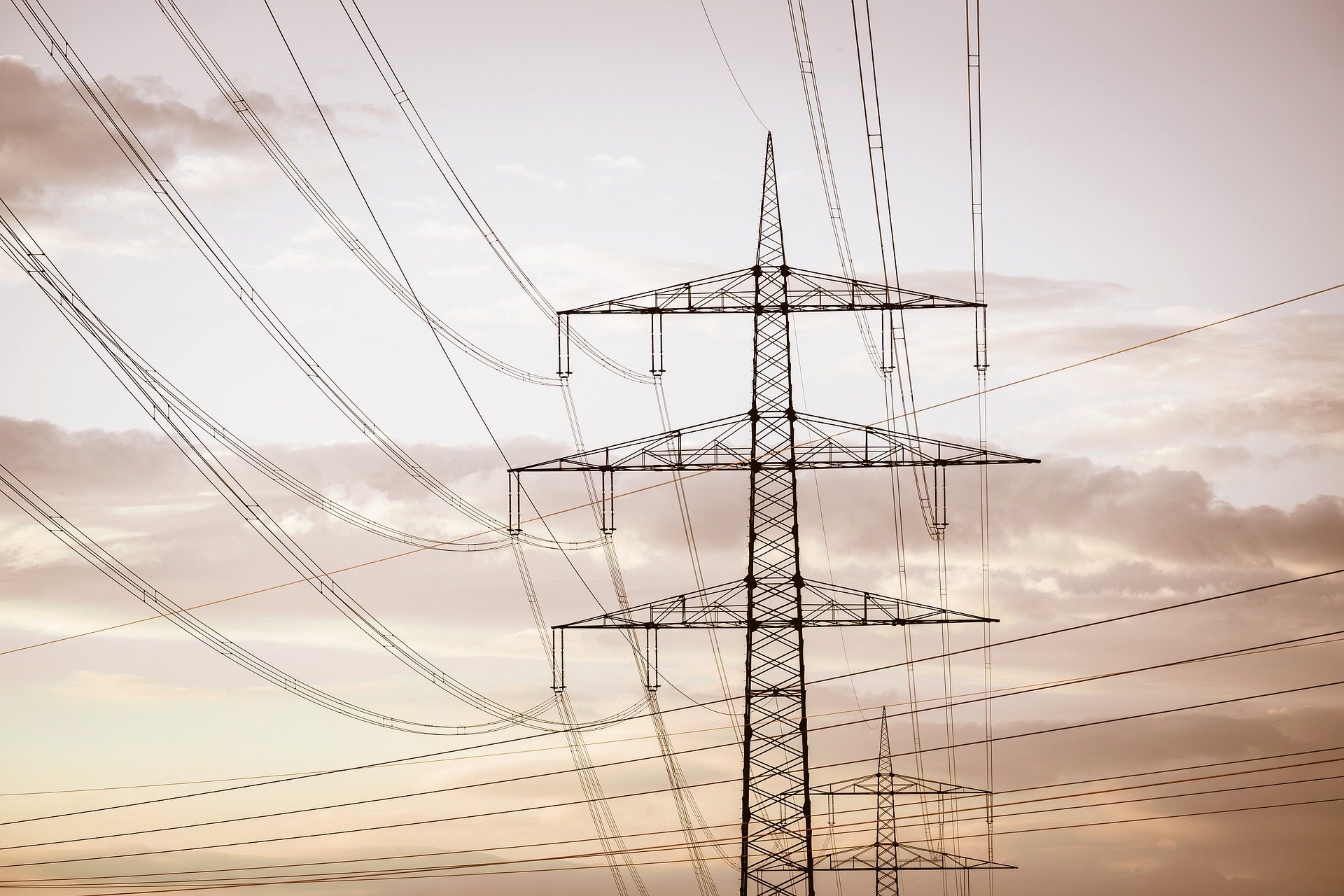“TECNALIA works on control techniques and stability studies for DC electrical grids”
TECNALIA develops smart DC solutions for the hybrid AC/DC electrical grids we will have in the coming years
TECNALIA is part of the SHIFT2DC project, which aims to create smarter, more efficient and environmentally friendly energy infrastructures with DC solutions. Electrical grids, which are currently designed for alternating current (AC) systems, will change in the coming years from all-AC to hybrid grids that also incorporate DC grids. This change is mainly due to the integration of various renewable generation technologies that produce DC power.
This situation will challenge both society and companies in the electricity sector, and requires new, smarter DC solutions.
Control techniques and stability studies
TECNALIA is working on control techniques that enable distributed energy resources (DER) to become active nodes, thus contributing to the control and management of future DC grids. It is also developing a DC network stability assessment tool. TECNALIA thus brings controllability and stability studies to the grids we will have in the coming years.
Development and demonstration of solutions
Beyond designing and simulating solutions, these will be tested, validated and applied at medium and low voltage levels to demonstrate their effectiveness and increase confidence in their use.
The solutions, designed specifically for DC applications, include among others:
- Sustainable and smart DC cables developed for DC installations
- DC micro solar systems
- LVDC metering device
- Pre-charge units for DC circuit breakers
- Interlink LVAC-LVDC converter
- High-density energy sources
- Smart PDU High Density V2X DC stations
These will be implemented in four demonstrators: a data centre, a building, in industry and a port.
Collaboration with 21 partners
TECNALIA is working on this project, led by INESC-ID (Portugal), with 21 partners, including experts, researchers, industrial companies and utilities.

